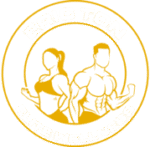Custom Luxury Modern Homes
Myers Park Custom Homes Charlotte North Carolina
Myers Park: A Historic and Prestigious Neighborhood in Charlotte, North Carolina
Myers Park is one of the most iconic and sought-after neighborhoods in Charlotte, North Carolina. Known for its tree-lined streets, historic architecture, and affluent atmosphere, this neighborhood exudes charm and elegance. Located just south of Uptown Charlotte, Myers Park is a blend of classic Southern beauty, modern amenities, and rich history, making it a desirable place to live for families, professionals, and retirees alike.
History and Development of Myers Park
The history of Myers Park dates back to the early 20th century when it was first conceived as a master-planned residential community. The area was originally developed by William R. Myers, a wealthy Charlotte businessman who envisioned a suburban retreat for the city’s elite. In 1911, Myers purchased the land that would become Myers Park and began working with prominent landscape architect John Nolen, who was known for his work on urban planning and designing scenic, park-like environments. Nolen’s design for Myers Park incorporated winding streets, spacious lots, and green spaces to create a serene, park-like atmosphere that remains a hallmark of the neighborhood today.
The neighborhood quickly became home to many of Charlotte’s most prominent families, and its well-planned streets, lush landscapes, and grand homes made it a symbol of affluence and sophistication. Over time, Myers Park has evolved and expanded, with the addition of new homes, schools, and amenities. However, the neighborhood has managed to maintain its historic character, and many of its original homes still stand as reminders of its early development.
Location and Accessibility
Myers Park enjoys a prime location just south of Uptown Charlotte, the city’s central business district. Its proximity to the heart of the city makes it an ideal location for those who work in Uptown but prefer to live in a more residential setting. The neighborhood is bordered by East Boulevard, Queens Road, and Selwyn Avenue, which provide easy access to other parts of the city.
Residents of Myers Park are just a short drive from the cultural, dining, and entertainment venues of Uptown Charlotte. Whether it’s visiting the NASCAR Hall of Fame, attending a performance at the Blumenthal Performing Arts Center, or enjoying a night out at one of the city’s many top-rated restaurants, everything is within reach for Myers Park residents. The neighborhood is also conveniently located near Interstate 77, which allows for quick access to other parts of Charlotte and the surrounding region.
Public transportation in Myers Park is provided by the Charlotte Area Transit System (CATS), with bus routes serving the neighborhood. Additionally, the Lynx Blue Line Light Rail has a station nearby, offering easy access to Uptown Charlotte and other parts of the city. Myers Park’s central location, coupled with its proximity to major roads and public transportation, makes it an extremely accessible neighborhood.
Housing Options and Real Estate Market
Myers Park is primarily a residential area, characterized by beautiful single-family homes, many of which were constructed in the early to mid-20th century. The neighborhood’s homes are varied in style and design, ranging from historic mansions to more modern townhomes and condominiums.
Historic Homes: Many of the homes in Myers Park are large, historic residences with impressive architectural details. These homes were built in the early 1900s and feature a range of architectural styles, including Colonial Revival, Tudor Revival, Mediterranean Revival, and Georgian Revival. These grand homes are set back on expansive lots with mature trees, manicured lawns, and private gardens, giving the neighborhood a stately and elegant atmosphere.
Modern Homes and Renovations: While the neighborhood is known for its historic homes, there has been a significant amount of new construction and renovation in recent years. Newer homes in Myers Park are often designed to complement the traditional architectural style of the neighborhood while incorporating modern amenities and design features. These homes typically offer open floor plans, energy-efficient appliances, and high-end finishes.
Luxury Real Estate: Myers Park is known for its luxury real estate market, and the neighborhood is one of the most expensive in Charlotte. The area attracts affluent buyers looking for spacious homes, privacy, and proximity to the city. Homes in Myers Park can range from the high six figures to several million dollars, depending on the size, location, and amenities.
Condos and Townhomes: While single-family homes dominate the Myers Park real estate market, there are also a number of condos and townhomes available for those who prefer a lower-maintenance lifestyle. These properties offer the charm of the neighborhood with the convenience of smaller, more modern living spaces.
The real estate market in Myers Park remains strong, with high demand for homes in the area. The combination of historical significance, proximity to Uptown Charlotte, and prestigious reputation continues to drive the neighborhood’s appeal among homebuyers.
Community and Lifestyle
Myers Park is known for its strong sense of community and its reputation as one of the most prestigious neighborhoods in Charlotte. The neighborhood attracts residents who value history, architecture, and the overall quality of life that comes with living in such a well-established and well-maintained area.
Family-Friendly Atmosphere: Myers Park is a family-oriented neighborhood with a reputation for being safe, quiet, and welcoming. The area is home to many families, young professionals, and retirees, all of whom appreciate the neighborhood’s beauty, proximity to top-rated schools, and community-oriented atmosphere. The wide, tree-lined streets make it an ideal area for walking, jogging, or cycling, and many families spend time outdoors enjoying the parks and green spaces throughout the neighborhood.
Community Engagement: The Myers Park neighborhood association plays an important role in organizing social events, maintaining the neighborhood’s beauty, and addressing local issues. Residents are often involved in community efforts to preserve the area’s historic character, and the neighborhood association works to ensure that Myers Park remains a vibrant and cohesive community.
Education: Myers Park is home to some of Charlotte’s most prestigious public and private schools. The neighborhood is served by the Charlotte-Mecklenburg School District, and local schools such as Myers Park High School, Alexander Graham Middle School, and Sharon Elementary School are highly regarded for their academic programs. In addition to public schools, the neighborhood is also close to several private schools, such as Charlotte Latin School and Providence Day School, providing families with ample educational options.
Safety: The Myers Park neighborhood is considered one of the safest in Charlotte. With its low crime rates, active neighborhood watch programs, and well-maintained streets, Myers Park is an ideal place for families, retirees, and individuals seeking a secure and peaceful environment. The neighborhood is well-patrolled by the Charlotte-Mecklenburg Police Department, and residents are highly engaged in keeping the area safe and beautiful.
Shopping, Dining, and Amenities
Myers Park’s prime location near Uptown Charlotte means that residents are just a short distance away from some of the city’s best shopping, dining, and entertainment options. The neighborhood also offers several local amenities that make day-to-day life convenient for its residents.
Shops and Boutiques: Myers Park is home to a variety of upscale boutiques, specialty shops, and local businesses. The nearby East Boulevard offers a variety of retail stores, cafes, and restaurants, as well as antique shops, home goods stores, and art galleries. For larger shopping needs, residents are just a short drive from the SouthPark Mall, one of Charlotte’s premier shopping destinations.
Dining: The dining scene in Myers Park is exceptional, with a variety of high-end restaurants, cafes, and eateries. Whether residents are in the mood for Southern cuisine, fine dining, or international flavors, they can find plenty of options in and around the neighborhood. Popular spots include The Myers Park Grill, The Capital Grille, and Sullivan’s Steakhouse. The nearby SouthPark area also offers a wide range of dining choices, from casual eateries to upscale restaurants.
Parks and Recreation: Myers Park is home to several parks and green spaces, which enhance the neighborhood’s overall appeal. Freedom Park, located just to the east of Myers Park, is one of Charlotte’s largest and most popular parks. It features walking trails, sports fields, playgrounds, and scenic lakes, making it a popular destination for outdoor activities. The neighborhood itself has several smaller parks and tree-lined streets perfect for walking, jogging, or cycling.
Cultural Attractions: Myers Park residents are also close to some of Charlotte’s best cultural attractions, including the Mint Museum, Blumenthal Performing Arts Center, and the NASCAR Hall of Fame. These venues provide opportunities for residents to enjoy world-class art, theater, music, and events without having to travel far from home.
Conclusion
Myers Park is one of the most prestigious and desirable neighborhoods in Charlotte, North Carolina. With its tree-lined streets, beautiful homes, historic architecture, and strong sense of community, Myers Park offers a high quality of life for its residents. The neighborhood’s central location, top-notch schools, and proximity to Uptown Charlotte make it an ideal place to live for families, professionals, and retirees. Whether you’re enjoying the beauty of the neighborhood, taking in a cultural event, or dining at one of the area’s fine restaurants, Myers Park provides a perfect blend of Southern charm and modern convenience. It’s no wonder that Myers Park remains one of the most sought-after neighborhoods in Charlotte, and it continues to be a symbol of elegance and sophistication in the city.
Client Consultation and Vision Development
- Meet with clients to understand their lifestyle, preferences, and vision for their dream home.
- Offer expert guidance on design choices, materials, and layout to align with the client’s goals.
- Provide an overview of the custom home building process, timeline, and budget expectations.
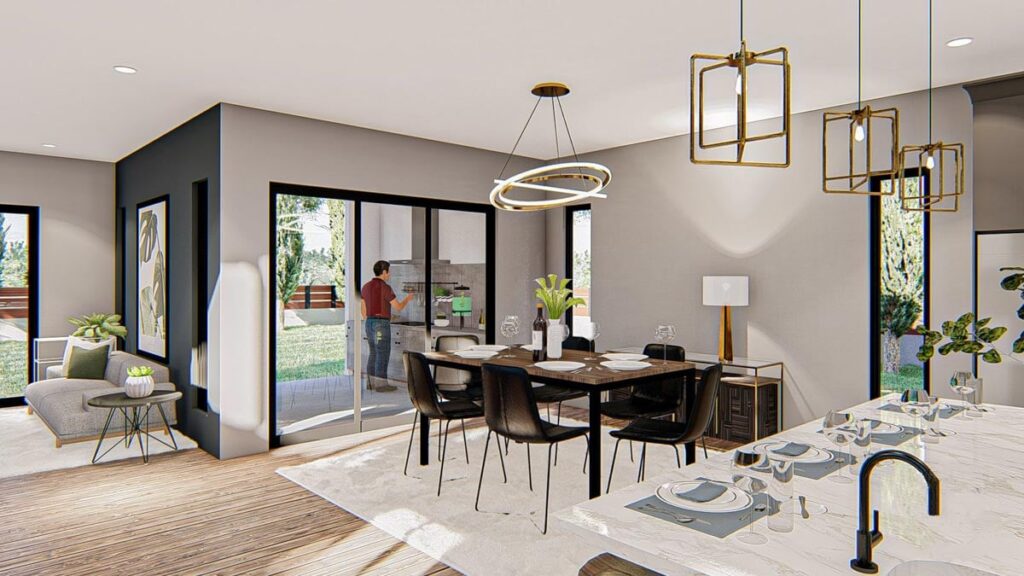
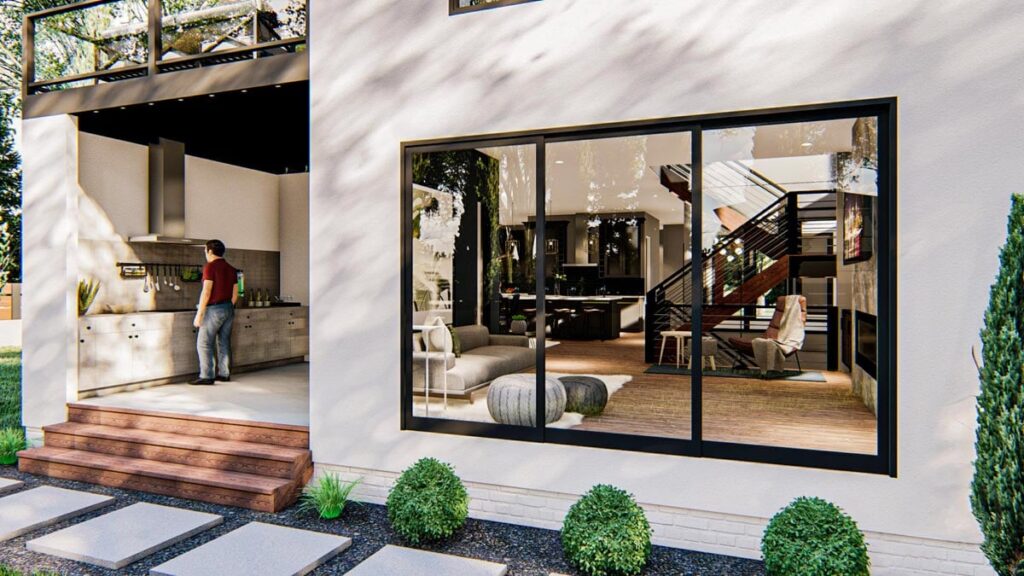
Site Selection and Evaluation
- Assist clients in selecting the perfect lot for their home, considering location, views, and surroundings.
- Evaluate the site’s topography, soil, and environmental factors to ensure feasibility.
- Address zoning laws, setbacks, and other local regulations.

Project Design and Planning
- Collaborate with top architects, designers, and urban planners to create unique, innovative designs.
- Ensure projects are aligned with luxury standards, including sustainability and cutting-edge features.
- Obtain necessary permits and approvals from local governments and agencies.
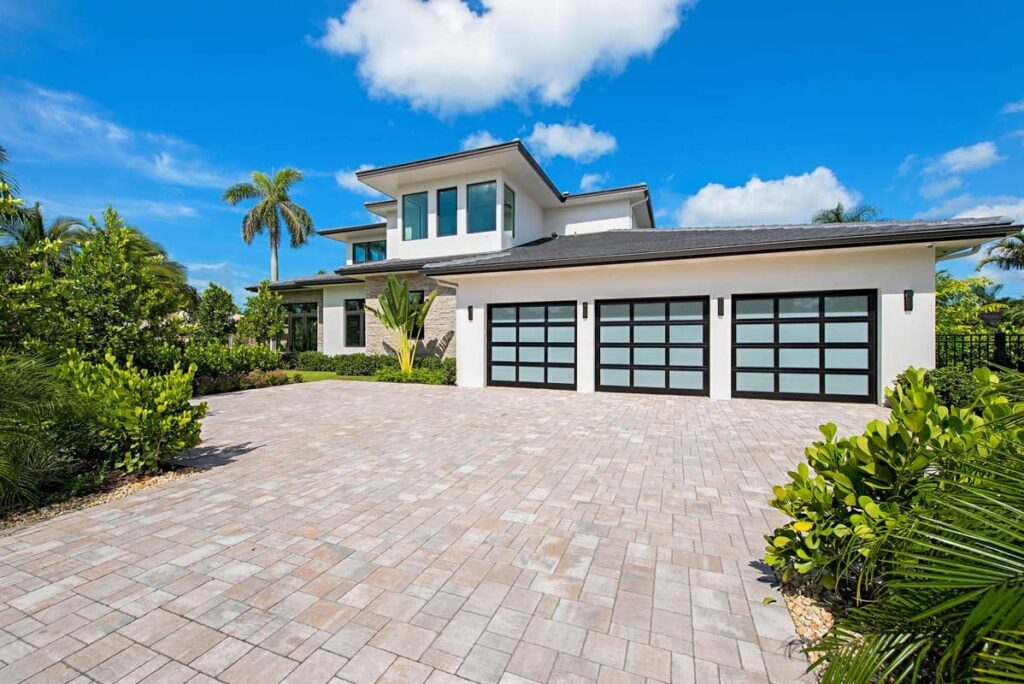
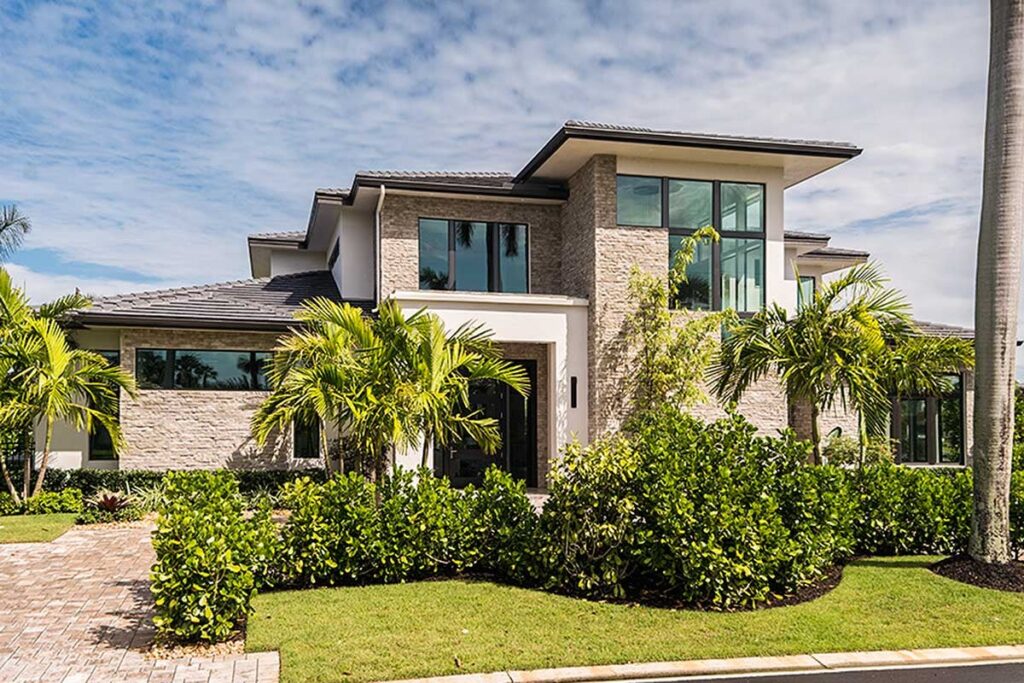
Budgeting and Cost Estimation
- Develop a detailed budget, including labor, materials, and contingency plans.
- Provide transparent cost breakdowns and manage financial expectations.
- Suggest alternatives to maintain quality while optimizing costs.

Project Design and Planning
- Develop a detailed budget, including labor, materials, and contingency plans.
- Provide transparent cost breakdowns and manage financial expectations.
- Suggest alternatives to maintain quality while optimizing costs.


Permitting and Legal Compliance
- Obtain necessary building permits and approvals from local authorities.
- Ensure compliance with building codes, safety standards, and environmental regulations.
- Handle all paperwork related to construction, inspections, and legalities.

Material Selection and Procurement
- Source premium materials, finishes, and fixtures from trusted suppliers.
- Present clients with options for flooring, countertops, cabinetry, lighting, and more.
- Ensure all materials meet luxury standards and align with the overall design vision.
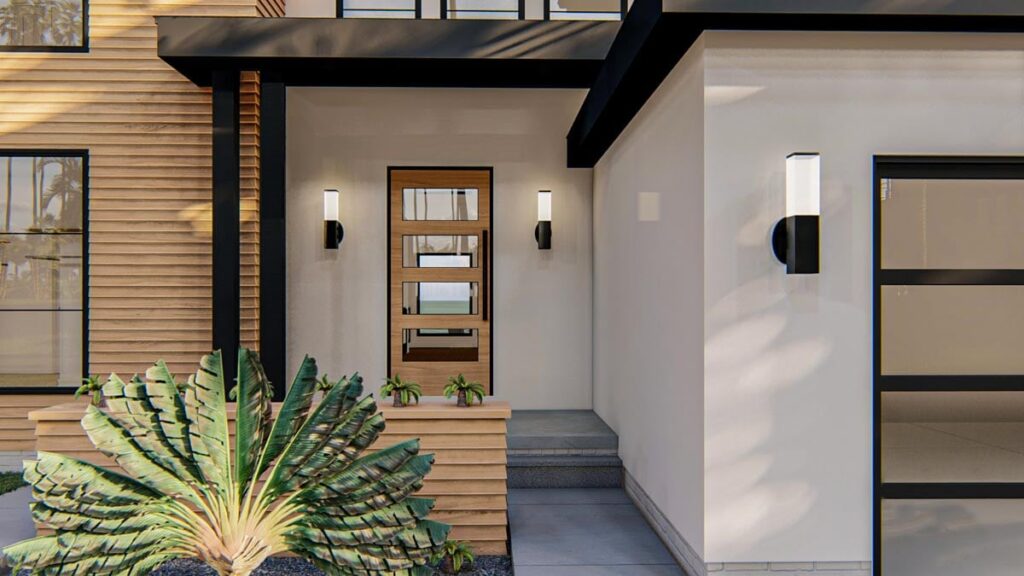
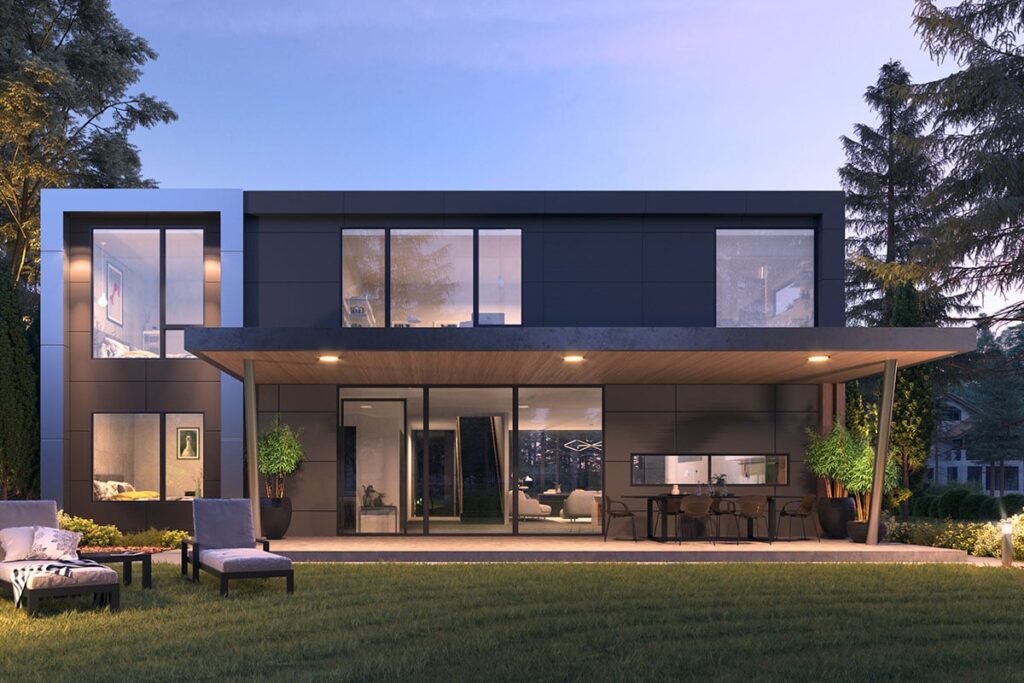
Construction Management
- Oversee all phases of construction, from site preparation to final finishing touches.
- Hire and coordinate subcontractors, including electricians, plumbers, and painters.
- Ensure projects stay on schedule and within budget while maintaining the highest standards of craftsmanship.

Quality Control and Inspections
- Conduct regular site visits to monitor progress and address issues proactively.
- Schedule and oversee inspections to ensure work meets or exceeds industry standards.
- Focus on details, such as seamless finishes, precision in installation, and structural integrity.
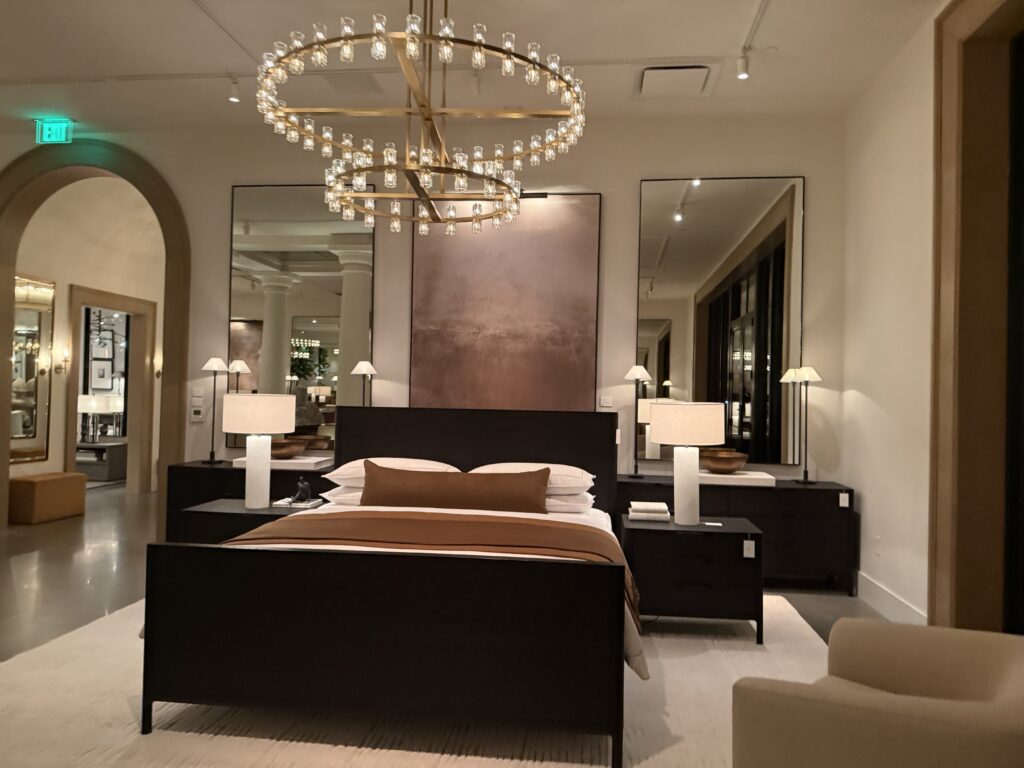
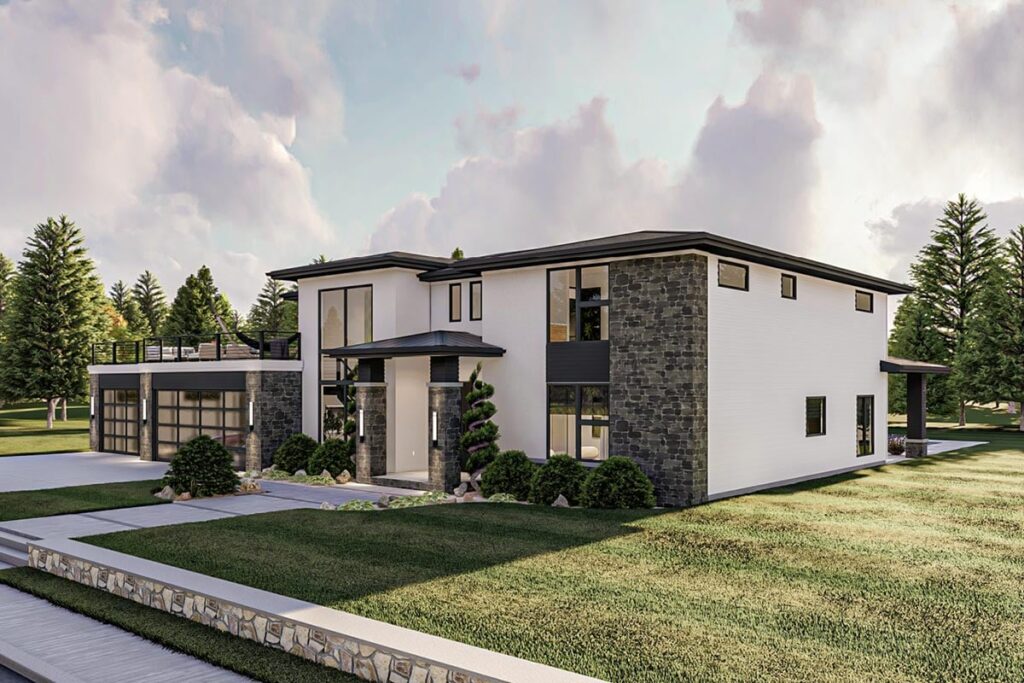
Customization and Personalization
- Incorporate bespoke features like wine cellars, home theaters, gourmet kitchens, or spa-like bathrooms.
- Integrate cutting-edge technology, such as smart home systems, automated lighting, and security systems.
- Adapt plans during construction to accommodate client requests or changing preferences.

Luxury Amenities and Sustainability
- Incorporate luxury amenities such as infinity pools, custom landscaping, or private gyms.
- Use sustainable building practices and eco-friendly materials.
- Offer energy-efficient solutions, such as solar panels, geothermal systems, and high-performance insulation.
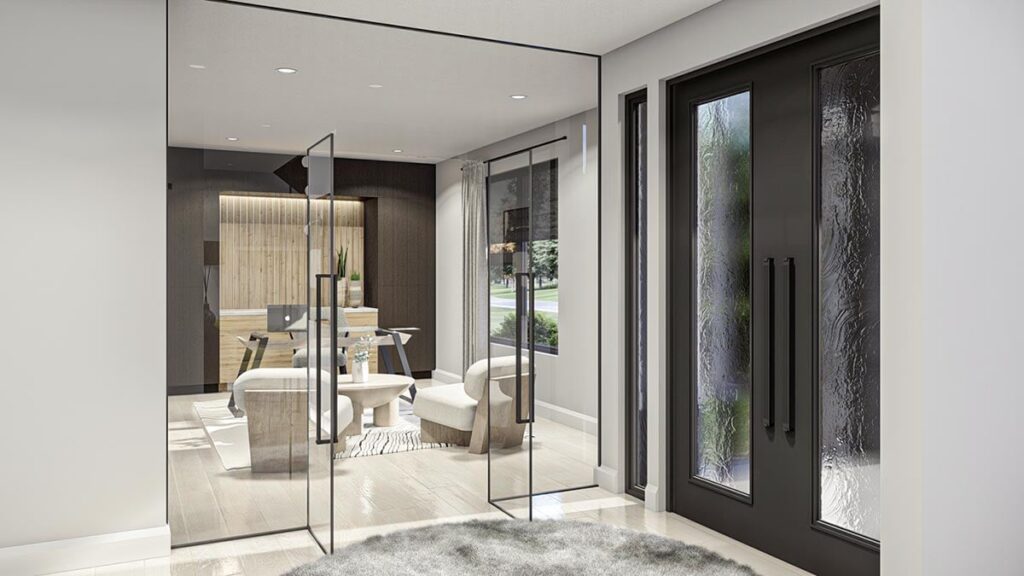
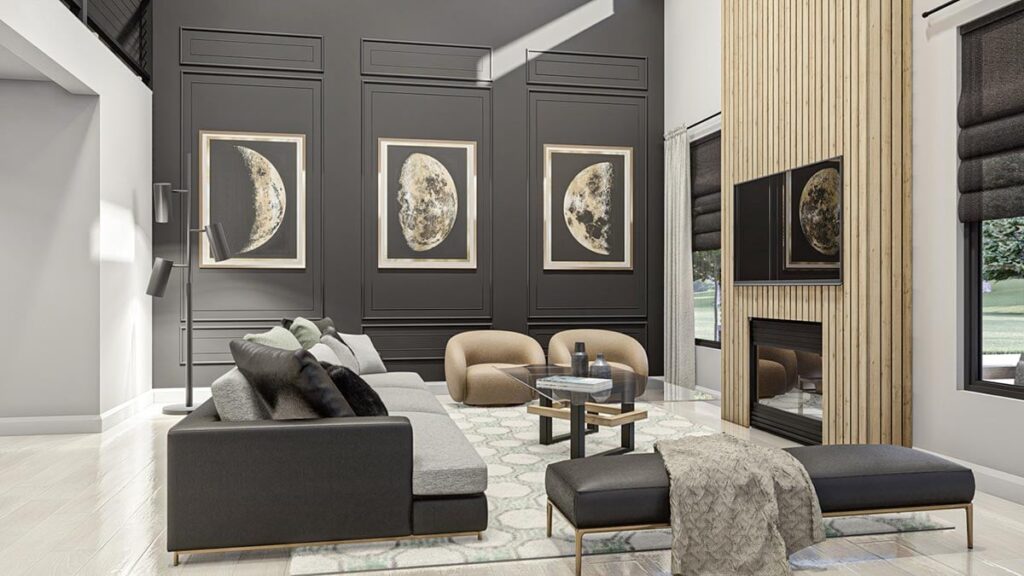
Client Communication and Updates
- Maintain open lines of communication with clients throughout the building process.
- Provide regular updates on construction progress, challenges, and milestones.
- Use project management tools or apps for real-time collaboration and transparency.

Interior Design and Finishing
- Work with interior designers to curate furniture, decor, and art that complements the home’s design.
- Coordinate the installation of custom cabinetry, built-ins, and specialty features.
- Ensure that every detail, from paint colors to light fixtures, reflects the client’s taste and vision.
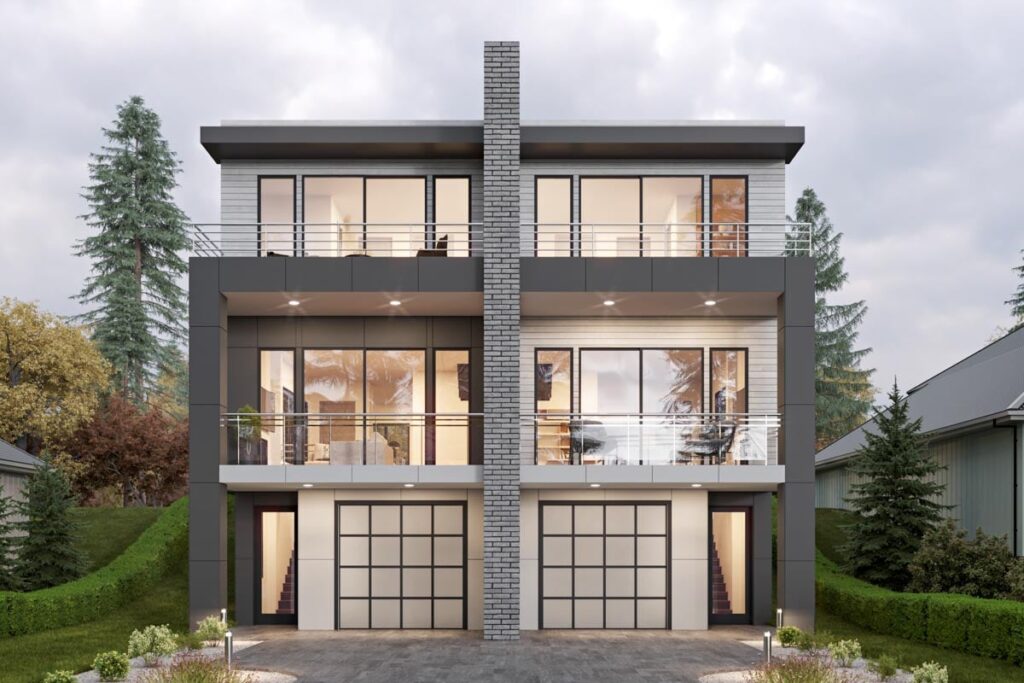
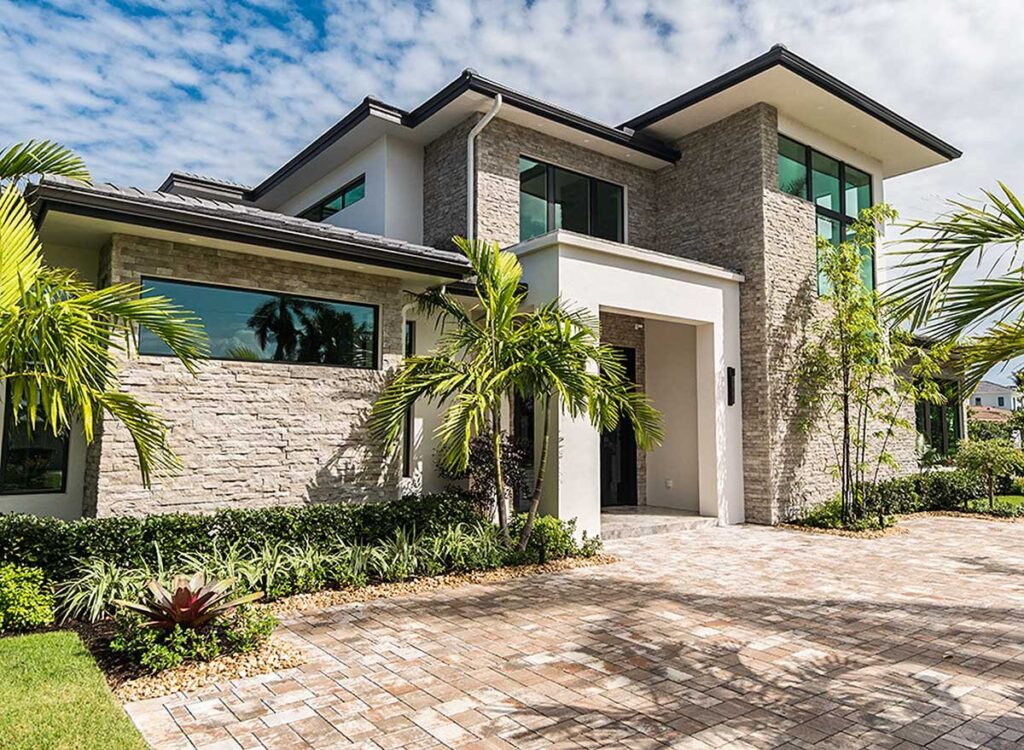
Post-Construction Services
- Conduct a thorough walkthrough with the client to address any final adjustments.
- Provide warranties and a detailed guide on home systems and maintenance.
- Offer ongoing support for repairs, upgrades, or renovations.

Risk and Crisis Management
- Anticipate and mitigate risks, such as weather delays, labor shortages, or supply chain issues.
- Resolve disputes between contractors or address unexpected design challenges.
- Adapt quickly to client changes without compromising the timeline or quality.

